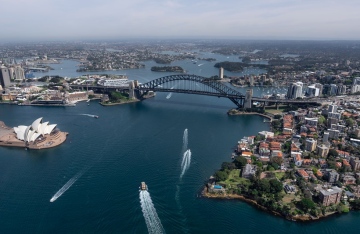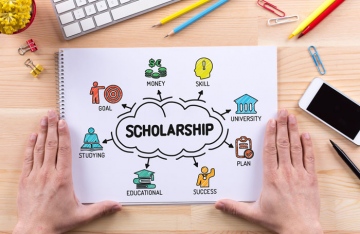Many people are struggling to keep up the pace with escalating prices of basic necessities. Today, regular folks are facing uncertainties due to falling wages, and clear lacking of financial opportunities. Sometime they will have no choice but to get into debts or business loans.
As such, these credits systems are not that bad. They do provide the all necessary lifeline, provided that the individuals or companies handle them wisely, and plan the repayments properly. You can also use the debt sensibly and to improve your purchasing power. Many people however, find it hard to keep their finances straight, especially when their expenses escalate faster than their incomes.
Different debt settlement options
Minimal Payment Plan
In order to gain your state of solvency, something needs to be done about your debts. A credit card debt can be handled through the arrangement of a minimum monthly payment plan. The payment amount here depends on cardholder’s income.
The credit card companies try to make sure that the payable amount is manageable, but in return they might increase the interest rates. This plan works for those who are willing to stop using their credit cards for years.
Debt Consolidation Loan
Debt consolidation loan is designed for paying the outstanding unsecured debts of the consumers. The lender instantly pays your current creditors, and then bills you interest at market rates. It works like any other kind of unsecured debt. As long as full payments are made on time, until you eventually pay off the credit amount, it is all well and good. This is an attractive option for consumers, with sizeable debts.
Carrying long-term debts in reality, increases your chances of missed payment, which in turn mounts up your credit balances. In such cases, your credit score gets damaged. Unless you are able to sustain your credit score during this debt struggle, you will need to look somewhere else for financial support.
Declare Bankruptcy
Bankruptcy declaration is the last resort. Chapter 13 dramatically decreases the unsecured debt loan, but it can also root out a lot of undesirable consequences. Chapter 7 means losing majority of accumulated assets.
Bankruptcy hits your credit score badly, and also to your vital assets like home, car, family heirlooms, property, and more. In due course of bankruptcy, it will can disqualify you from applying for rental or mortgage property, or you can even lose your job.
From the above debt settlement options, it is clear that credit card companies bail you out you with minimum payment plan. Debt consolidation lenders deal with people having good credit score, and bankruptcy declaration can affect your credit score. Fortunately, debt settlement plans from National Debt Relief (NDR) are manageable on credit score, and they do not lead to long-lasting secondary issues.
How NDR Works?
NDR is a debt consolidation service. It does not charge monthly fees, but charges 20% on the amount you save by using their services. For example, if your debt is $15000 and you end up paying $13000 then you need to pay them $400. They also provide free quotes and consultation.
When you get on-board, an experienced debt reduction professional team will negotiate with all your creditors directly. During the process, you will be protected from insistent emails, harassing phone calls, in-person visits, and high pressure tactics, used for forced payments. NDR professionals claim to make consumers debt-free in two to four years with their debt consolidation programs.




